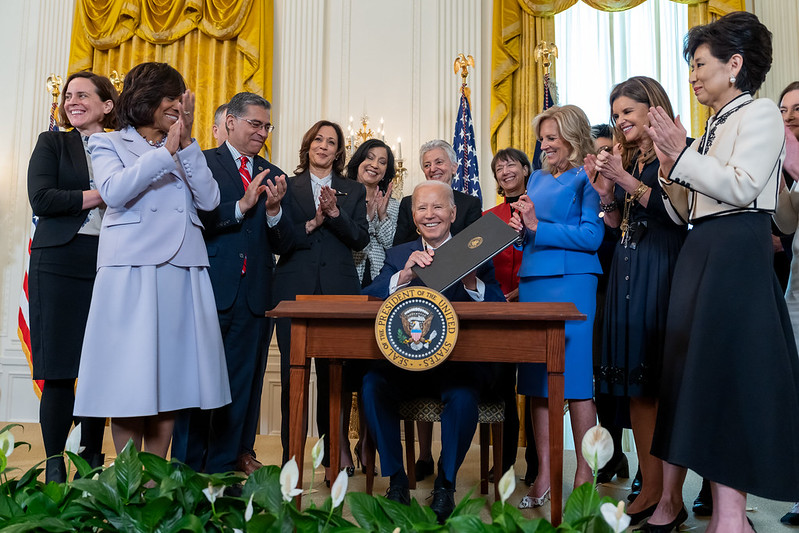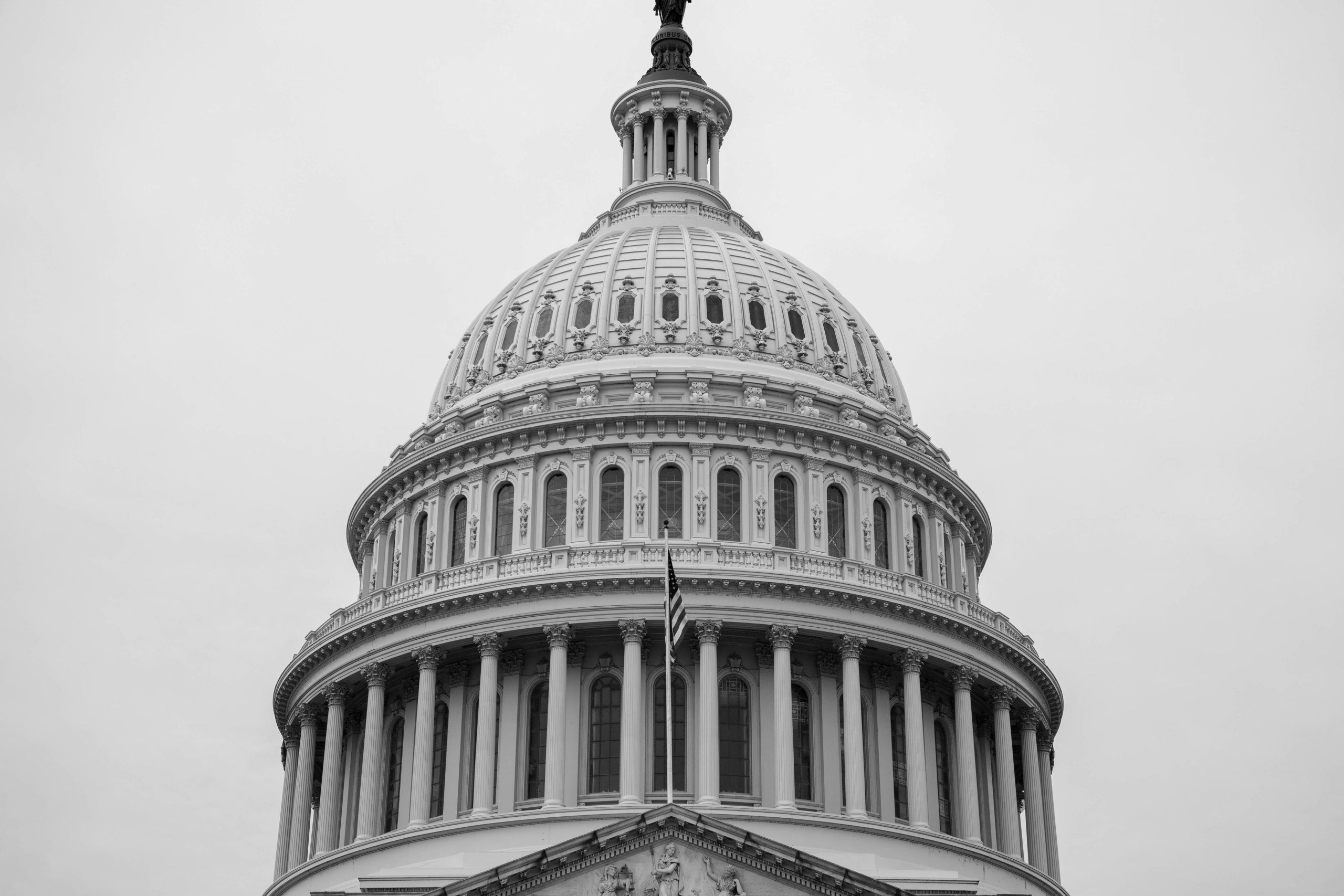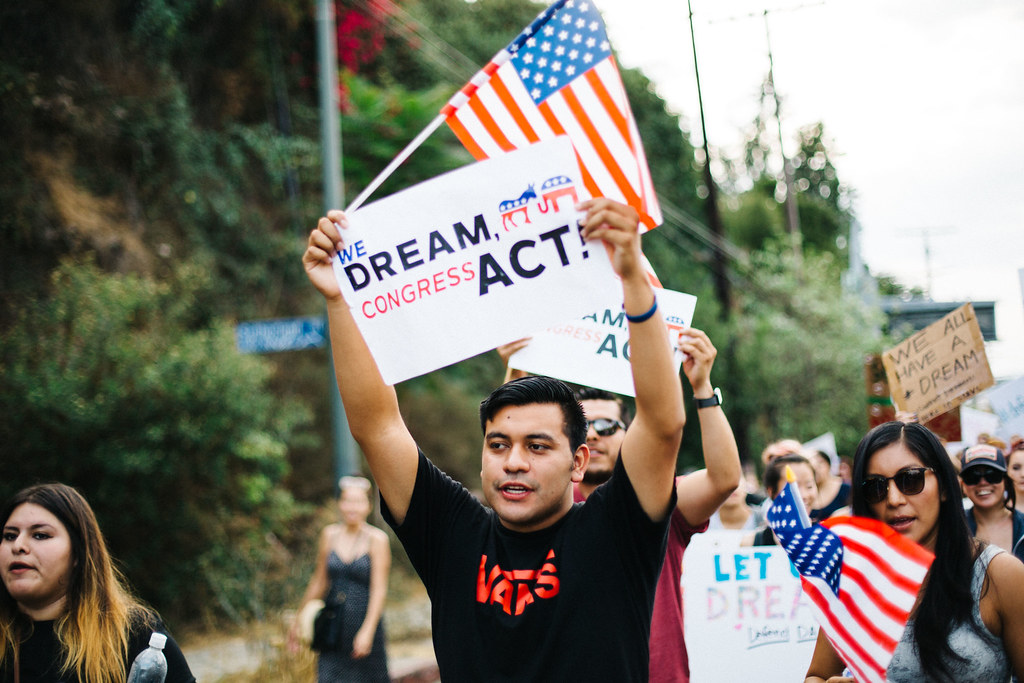 New details have recently been provided by the U.S. Citizenship and Immigration Services (USCIS) regarding the Parole in Place application process for undocumented spouses and stepchildren of U.S. Citizens, also known as “Keeping Families Together.”
New details have recently been provided by the U.S. Citizenship and Immigration Services (USCIS) regarding the Parole in Place application process for undocumented spouses and stepchildren of U.S. Citizens, also known as “Keeping Families Together.”
USCIS will begin accepting online applications for Parole in Place on August 19, 2024, using a new electronic form called Form I-131F, Application for Parole in Place for Certain Noncitizen Spouses and Stepchildren of U.S. Citizens. The form will not be available to file by mail.
USCIS reminds the public that any PIP applications received prior to August 19th will not be accepted.
Applicants should be aware that complete details about the parole application process will soon be posted in the Federal Register.
I-131F Parole in Place Eligibility Requirements
A noncitizen spouse or stepchild of a U.S. citizen may request parole in place under this process if they:
- Are present in the United States without admission or parole
- Have been continuously physically present in the United States:
- Since at least June 17, 2014, if seeking parole in place as the spouse of a U.S. citizen; OR
- As of June 17, 2024, if seeking parole in place as the stepchild of a U.S. citizen
And they have:
- A legally valid marriage to a U.S. citizen as of June 17, 2024, if seeking parole in place as the spouse of a U.S. citizen; OR
- A parent who had a legally valid marriage to a U.S. citizen on or before June 17, 2024, and before the stepchild’s 18th birthday, if seeking parole in place as the stepchild of a U.S. citizen
- No disqualifying criminal history; and
- Do not pose a threat to national security and public safety
Individuals who are granted parole under this process will receive parole for a 3-year period from the date of approval.
As long as your parole remains valid, you will be considered in a period of authorized stay, and you will be permitted to apply for adjustment of status to lawful permanent resident (a green card) by filing Form I-485 with USCIS.
Individuals granted parole are also immediately eligible to apply for an Employment Authorization Document (EAD) from USCIS and can do so by submitting a completed Form I-765, Application for Employment Authorization, using the (c)(11) category code.
 Visa Lawyer Blog
Visa Lawyer Blog








